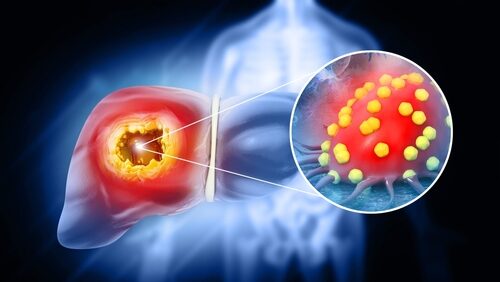Sarah Miremadi, Researcher at Regenerative Medicine Department of Royan Institute, shared a thread on X:
“October: Cancer Awareness Month.
As we enter October, a month dedicated to raising awareness about cancer, I’d like to highlight some of the latest advancements in liver cancer treatment.
Liver cancer is one of the deadliest forms of cancer, often developing in individuals who suffer from liver fibrosis or cirrhosis.
Liver fibrosis is a dangerous condition that, if left untreated, can progress to cirrhosis and eventually lead to liver cancer.
In a recent study conducted by the Liver Group at Royan Institute:
Shukoofeh Torabi, et al focused on an innovative approach involving extracellular vesicles (EVs).
This article investigates the effects of extracellular vesicles (EVs) derived from Wharton’s Jelly mesenchymal stem cells (WJ-MSCs) on human macrophages, particularly focusing on their anti-inflammatory properties and potential role in resolving liver fibrosis.
WJ-MSC-derived EVs, especially EV20K, effectively induce a shift in macrophages towards an anti-inflammatory M2-like phenotype, enhancing their phagocytic capacity and interleukin-10 production compared to controls.
The study demonstrates that these EVs can modulate the activity of hepatic stellate cells (HSCs), potentially protecting against liver fibrosis by inhibiting HSC activation and promoting macrophage apoptosis.
The researchers isolated two subsets of EVs using differential ultracentrifugation and assessed their effects on UCB-derived monocytes over a week, evaluating both functional characteristics and gene expression related to inflammation and fibrosis.
With ongoing research and advancements like these, there’s hope that we’ll see more effective treatments for liver cancer in the near future.”


